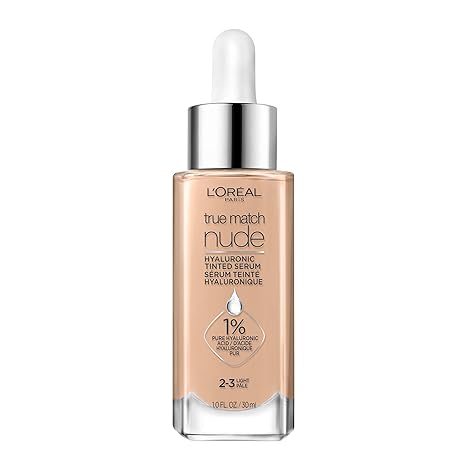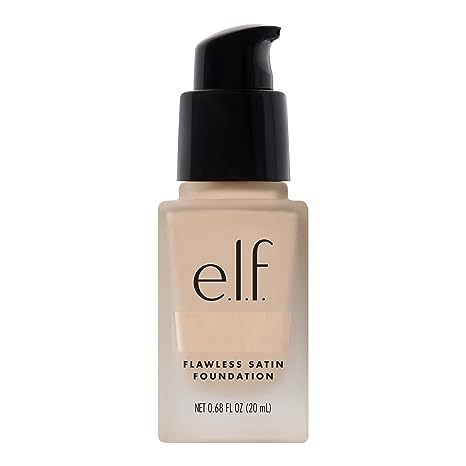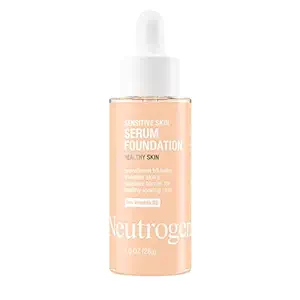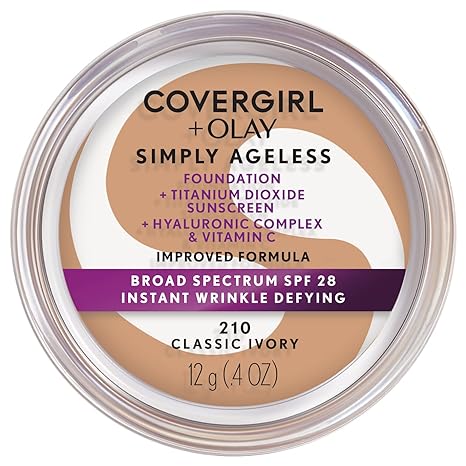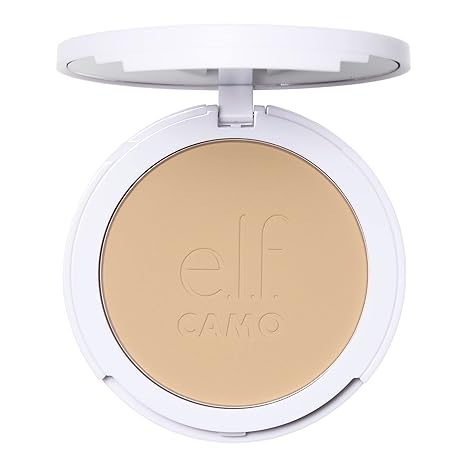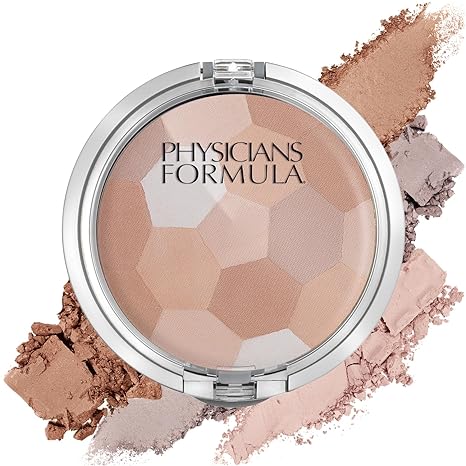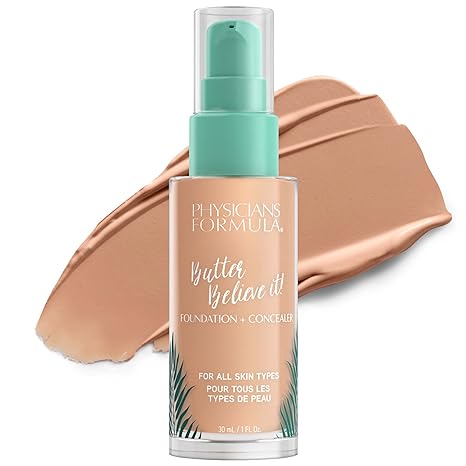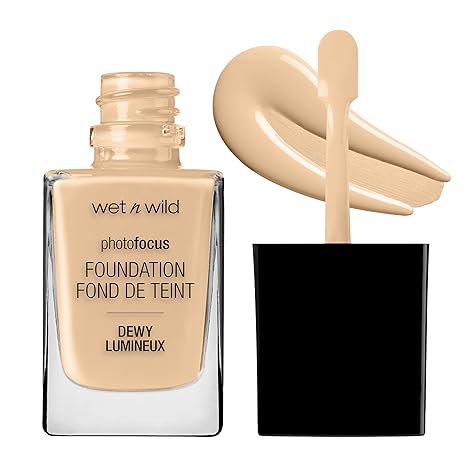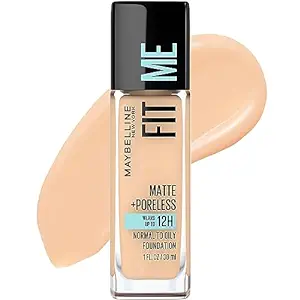When it comes to makeup, the foundation plays a crucial role in achieving a flawless and radiant complexion. However, with so many options available in the market, finding the perfect face foundation can often be overwhelming. Fret not, as this ultimate guide is here to help you navigate through the plethora of choices and find the foundation that suits your skin type, tone, and desired coverage. Whether you’re a makeup newbie or a beauty enthusiast, these tips will ensure that you make the right choice for a flawless finish.
Understanding Your Skin Type
Before diving into the world of foundations, it is essential to understand your skin type. Different formulas cater to different needs, whether you have oily, dry, combination, or sensitive skin. Determining your skin type will help you select the foundation that not only provides coverage but also addresses specific concerns. While those with oily skin might benefit from oil-free and matte foundations, individuals with dry skin can opt for hydrating and luminous formulas.
Choosing the Right Shade
Finding the perfect shade of foundation is crucial for a seamless and natural look. To match your skin tone accurately, it is essential to identify your undertone. Undertones can be warm (yellow or golden), cool (pink or red), or neutral (a mix of warm and cool). Once you determine your undertone, it becomes easier to select a shade that matches your complexion. It is always recommended to test foundation shades on your jawline or wrist and choose the one that disappears onto your skin.
Determining the Coverage Level
The foundation comes in various coverage levels, ranging from sheer to full. The coverage level you choose depends on your personal preference and the occasion. Very foundations provide a light and natural coverage, perfect for everyday wear. On the other hand, medium-coverage foundations even out the skin tone while still allowing the natural skin to shine through. Full coverage foundations provide maximum coverage and are ideal for special occasions or for those with skin concerns, they wish to conceal.
Considering the Finish
Apart from coverage, the finish of the foundation also plays a significant role in achieving the desired look. Foundations come in a variety of finishes, including matte, satin, dewy, and radiant. Matte formulations provide a velvety, shine-free finish, making them suitable for oily skin. Satin finishes offer a balanced look, giving a subtle glow without being too dewy or matte. Dewy and radiant finishes offer a luminous and glowing look, perfect for those with dry skin or those who prefer a natural, healthy look.
Understanding Formulas and Ingredients
Different foundation formulas have varying textures and consistencies, catering to different skin types and preferences. Some common formulas include liquid, cream, powder, stick, and cushion foundations. Liquid foundations are versatile and work well for most skin types. Cream foundations are suitable for dry skin, offering a hydrating and creamy texture. Powder foundations are lightweight and often preferred by those with oily skin. Stick and cushion foundations offer convenience and ease of application.
When selecting a foundation, it’s important to also consider the ingredients. Look for foundations that are non-comedogenic, hypoallergenic, and dermatologist-tested, especially if you have sensitive or acne-prone skin. Avoid ingredients that you may be allergic to or known irritants. It’s always recommended to do a patch test before purchasing a foundation to avoid any allergic reactions or breakouts.

